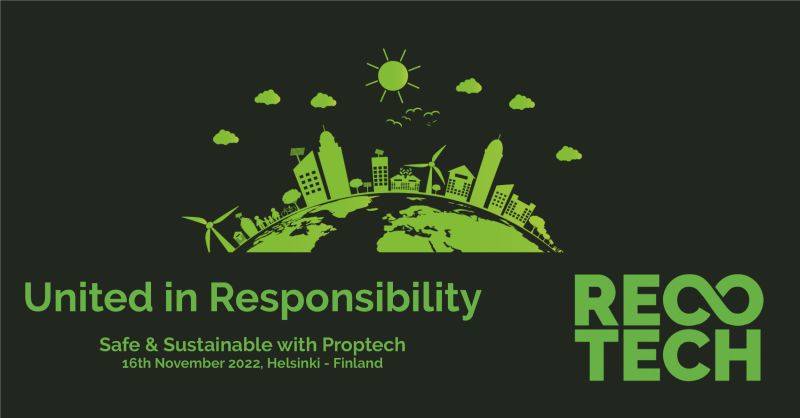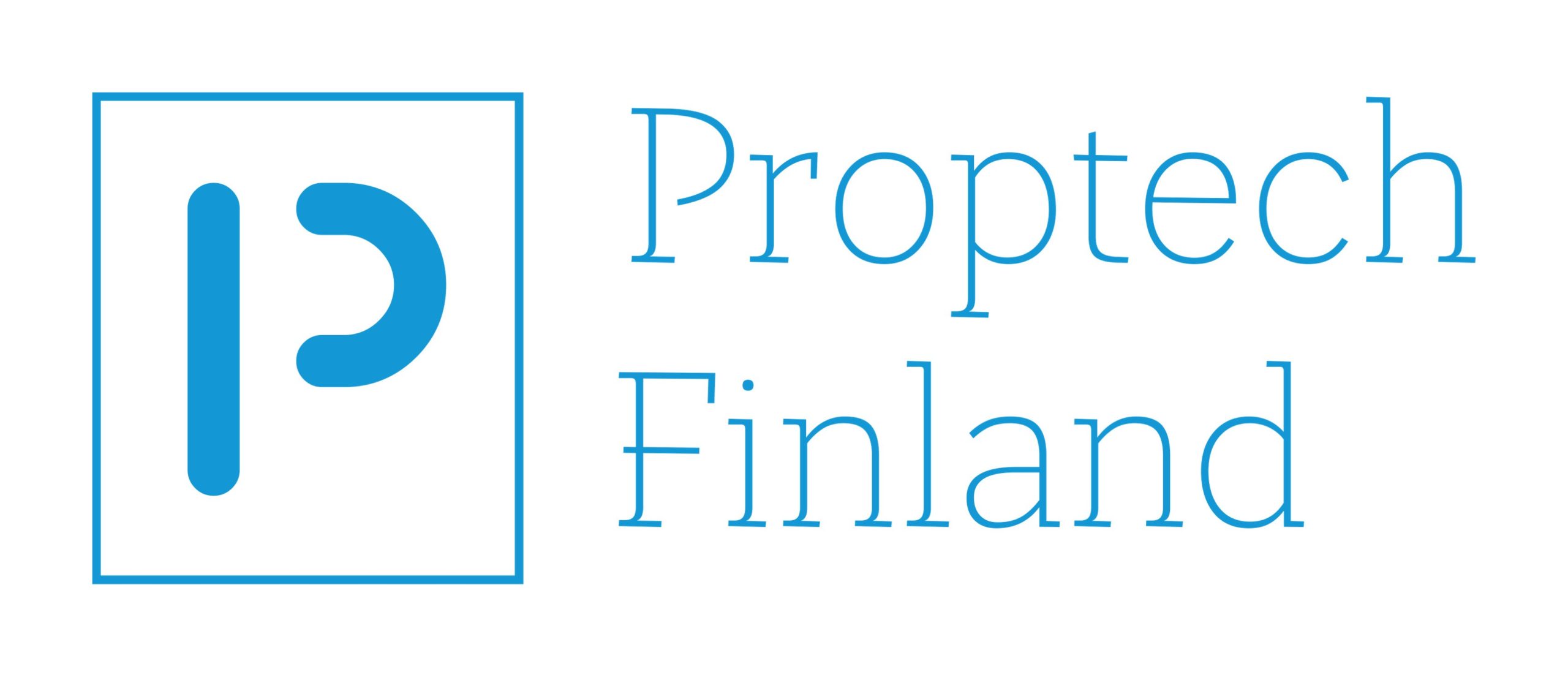
12 Jul ESG in PropTech
Just a few years ago, investors considering supporting startups were mostly looking at profitability. If PropTech founders could show that they were well on their way to delivering returns, they stood a good chance of securing that all-important funding.
In 2022, the playing field has changed. ESG – environmental, social, and governance-related factors – has become as important as profitability. ESG has made the transition from “nice to have” to “must-have” as recent studies show. Here is what it means for Finnish PropTech startups.
The Growing Importance of ESG
A growing number of investors, both private and institutional, are looking for ESG credentials when they build their portfolios. Recent global studies showed that more than a quarter of investors consider ESG to be central to their investment approach. Whilst that number has remained similar to last year’s figures, more investors than before confirmed that they apply (34%) or consider (29%) ESG in their approach.
The picture is even clearer among European investors. 31% consider ESG central to their approach, with 36% applying it as part of their strategy, and 26% considering these issues. Added up, that means only 6% of European investors are not yet convinced about ESG.
The increasing importance of aspects beyond profitability has been driven by customer demand. Clients have become more specific in their choice of investment opportunities, asking for investments that target the United Nation’s Sustainable Development Goals (SDG).
Out of the three components of ESG, environmental factors tend to attract the greatest interest. Incidentally, this is where PropTech startups can play to their strengths. Optimizing existing buildings or constructing new developments with the environment at heart offers unparalleled opportunities for the sector right now.
What Startups Need to do Now
Startups in the PropTech space have an excellent opportunity to be recognized for their purpose as well as their profitability. By adding ESG credentials to the core of their mission and vision as well as their pitch decks, founders increase their opportunities to connect with potential investors.
Where investors previously only considered potential gains their clients could derive from their assets, they are now looking at more than one aspect. Think of it as investing in the bigger picture of our global future, where profitability and sustainability are balanced.
Depending on the current stage of development of your startup, most companies will have at least two opportunities:
1. Maximizing and highlighting current ESG-related efforts and credentials
2. Building their ESG credentials as part of their business model
What to do Now … If ESG is Already a Priority
If your products and services have already integrated ESG aspects, review your pitch deck and other marketing materials now. This will be a good starting point to assess whether your company is maximizing its investment potential from opportunities relating to environmental, social, and governance commitments.
Not every company will be equally invested in each of the three aspects, and investors would rarely expect you to be. If you are strong in one area, highlight that facet by making it a prominent part of your communications. Website, social media, sales materials, pitch decks, and many other documents can showcase clearly what you are already doing.
What to do Now … If Your Startup is New to ESG
How to benefit from the growing interest of investors in ESG may be straightforward for those startups already committed to one or more of the areas. But what if your company has not yet made it part of what you offer?
Do not fret, your opportunities are just as big. Start by assessing your products, services, and business model to identify your biggest chance to make a difference. Perhaps you can deliver your services through carbon-neutral channels? Alternatively, you may want to forge a stronger relationship with your local community. Or finally, how about adopting stricter certifications that show you take industry-leading governance practices seriously?
Answering these questions should allow you to identify options and opportunities for your business.
The ESG Reality of Finnish PropTech Startups
Leading Finnish PropTech startups are already incorporating ESG factors in their daily business practice and their funding strategy. Here are four inspiring examples from within the sector.
Nuuka: Saving the Planet and Maximizing Business Budgets
PropTech startup Nuuka has arguably perfected the combination of saving the planet whilst saving their clients money. The company’s building management software is based on artificial intelligence (AI) technology that optimizes heating, ventilation, and air conditioning (HVAC).
Their software is easy to use through a simple, customizable dashboard. The product starts by analyzing a building’s HVAC setup. Based on its findings, the technology then suggests improvements that can save building owners up to 30% in energy costs.
Nuuka’s software automatically helps cut carbon emissions. Even older buildings begin to transition toward being carbon neutral. Tenants benefit from improved indoor climate, too. Plus, because the monitoring, maintenance, and optimization are driven by software, there is no need to increase anyone’s personal workload.
Kapacity: Paying Building Owners to Reduce Emissions
It is common knowledge that convincing people to change their habits is hard, unless those changes are made very easy, and an incentive is provided.
Incentivizing building owners to reduce their carbon dioxide emissions is the secret to the success of Kapacity’s software. At its core, the product offers load balancing services. Owners and tenants avoid some of the highest electricity prices with the help of smart heat pump controls. The building consumes the most energy when prices are low.
The same software also manages the building’s CO2 emissions, allowing owners to move toward cleaner energy consumption. Plus, by participating in demand response and limiting energy consumption at peak times, customers receive revenue. Kapacity’s customers get paid to reduce their emissions.
R8: Employees Go Digital
Have you ever considered what it would be like to have a digital employee on your team? That is the premise on which R8’s software is built.
The R8 Digital Operator promises to become the most reliable member of a building management company’s technical team. Driven by AI, the operator controls an HVAC solution that integrates with a building’s existing systems. So far, the technology has saved 15,000 tons of CO2.
The company’s goal is clear: saving the planet because there is no planet B whilst reducing costs for its customers.
Betolar: Revolutionizing Construction
Concrete is the world’s most widely used building material, but it is not the most environmentally friendly.
Based on that premise, Betolar has developed an alternative. Geoprime® is both a material and a recipe that is as strong and as durable as cement products with an impressive, 80% smaller carbon footprint.
This is simply the 21st century’s answer to concrete. Plus, this revolutionary concrete alternative is made almost entirely from industrial side-stream materials. Users meet industry standards and sustainability goals at the same time.
Want to Know More?
Startup opportunities that come with integrating ESG into PropTech are huge, as the examples above show. But each startup is different, which leads to different approaches and possibilities. If you have an idea you would like to have a second opinion on or just want a bit more information, join us at Recotech in November in Helsinki. It’s a must for anyone looking to link responsibility with profitability in PropTech.
Contributor: Eelis Rytkönen


Sorry, the comment form is closed at this time.